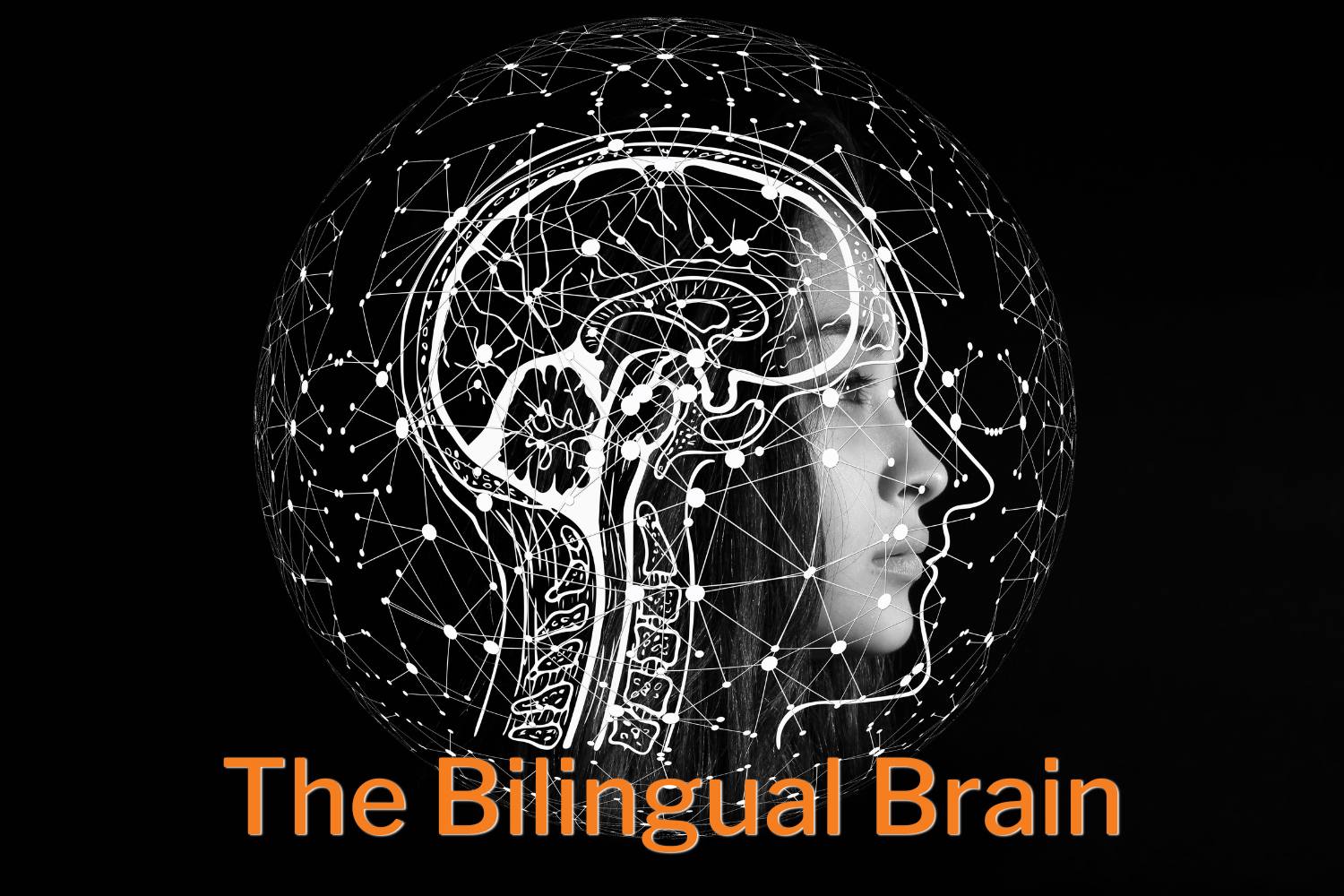How speaking multiple languages affects the brain

The ability to speak multiple languages has long been regarded as a valuable skill. In addition to facilitating communication across cultures, research has shown that being bilingual or multilingual has a profound impact on the brain.
The benefits of speaking multiple languages extend beyond communication and can positively influence various areas of cognitive function.
Enhanced Cognitive Control
One of the most notable effects of speaking multiple languages is the enhancement of cognitive control. Bilingual individuals constantly switch between languages and inhibit one language while using the other.

This cognitive demand strengthens the brain’s executive control system, which is responsible for maintaining focus, switching attention, and suppressing irrelevant information. As a result, bilinguals exhibit improved attentional control and have an increased ability to filter out distractions in various tasks.
Improved Memory and Learning Abilities
The bilingual brain also benefits from improved memory and learning abilities. Language learning involves memorizing vocabulary, grammar rules, and syntactic structures. Consequently, bilingual individuals develop better memory skills, particularly in tasks related to verbal information.
The process of constantly activating and suppressing different languages strengthens the brain’s memory networks and enhances overall cognitive performance. Multilingualism has also been linked to a delay in age-related cognitive decline.
Enhanced Problem-Solving and Creative Thinking
Speaking multiple languages has been associated with enhanced problem-solving skills and creative thinking. Bilingual individuals often encounter situations where they need to find alternative ways to express themselves or understand others.

This mental flexibility and adaptability transfer to other cognitive domains, allowing bilinguals to approach problems from different perspectives. Research has shown that bilingual individuals tend to think more creatively, as their multilingual experiences enable them to make connections between disparate concepts and think outside the box.
Increased Empathy and Intercultural Understanding
Language is closely intertwined with culture, and speaking multiple languages exposes individuals to different cultural perspectives. This linguistic and cultural diversity fosters empathy and intercultural understanding.
Bilingual individuals often have a deeper appreciation for cultural nuances, which enables them to communicate and connect with people from diverse backgrounds more effectively. This heightened intercultural sensitivity broadens their worldview and contributes to their overall cognitive development.
Neuroplasticity and Cognitive Reserve
Recent studies suggest that the bilingual brain exhibits higher levels of neuroplasticity. Neuroplasticity refers to the brain’s ability to reorganize itself by forming new neural connections.
Bilingualism provides constant cognitive challenges, stimulating neuroplasticity and promoting more efficient use of brain resources. This enhanced plasticity contributes to the cognitive reserve of bilingual individuals, making their brains more resilient against the effects of aging and neurological disorders.
Whether you are already bilingual or considering learning a new language, embracing multilingualism can be a fulfilling and intellectually enriching journey with long-lasting benefits for your brain health and cognitive abilities. So go ahead, embark on the path to becoming bilingual, and unlock the potential of your brain.
Teneo Linguistics Company is a certified small, woman-owned business that specializes in customizable language services in over 180 languages. Learn more about how we can support your company with professional language services at www.tlctranslation.com.





